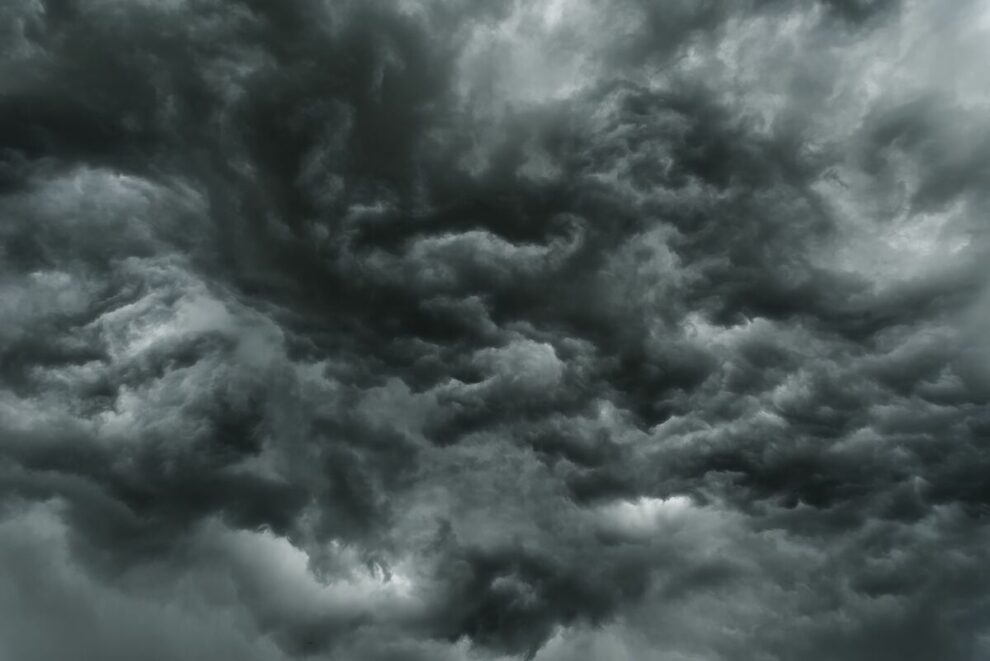Bob Vislocky takes vigorous exception to the predictable ambulance-chasing of Hurricane Barry. Particularly a New Republic piece by Eric Holthaus that warns ominously that “as the Gulf of Mexico waters warm because of climate change, early-season hurricanes like proto-Barry could become more common” in part because over the 168 years for which we have records, only four hurricanes have hit Louisiana in the month of July and all were in the last 40 years. Yes but… as Vislocky observes, there were three in the month of June, and they were all before 1958. Surely the alarmists can pick better cherries than these ones.
Actually they may not be able to. As Vislocky also notes, that century and a half plus of records for the United States show that early season hurricanes have declined since 1868. Probably not statistically significantly. But they have gone down. And as Vislocky says, we’ve had warming throughout that period as the Little Ice Age ended. So why, if warming causes more early-season hurricanes, has warming not caused more early-season hurricanes? It’s not very good raw material for a panic, unless you’re committed to panicking before checking the data and, indeed, without checking it.
Vislocky points out that if you count both June and July hurricanes as “early season” then half of all such storms hit Louisiana before 1960. That is, of all such storms since proper records were kept; what may have happened earlier may be relevant, but is not known. But the idea of undertaking even more careful scientific investigation is hardly relevant when, Vislocky fumes, “by purposefully omitting the June early-season hurricanes from his analysis the author is guilty of cherry-picking data in the least and more likely guilty of fraudulent reporting to promote an agenda. As a meteorologist, Holthaus should be embarrassed by his research. Guess he figured nobody would fact-check his work.”
Well, somebody did. And it wasn’t hard. Perhaps the alarmists have gotten a bit complacent about how well they’re arguing in their echo chamber.
As it turns out, although Barry was meant to be the climate apocalypse it ended up fizzling out as a tropical storm. NBC continued to tout “the danger of heavy rains and potentially life-threatening flooding”. (The New York Times also had “Experts” predicting disastrous rain and flooding.) When the floods did not come, NBC warned that Arkansas might get wet. (Like the “news” that Toronto “just had its rainiest July day in over half a decade” it seems the quality of alarmism is petering out too.) But the real story in the aftermath of the storm is the resilience of wealthy societies.
Advanced economies are so well able to deal with problems, including bad weather, that as Barry approached the Louisiana coast, NBC reported in another story, “more than 120 dogs and cats in the storm’s path were flown to safety.” In poor countries, storms still kill people in large numbers, but in the west, aircraft are dispatched to fly house pets out of harm's way.
The worst effect of bad weather is misguided panic-driven policy decisions that crush economic dynamism by depriving the vulnerable of affordable energy.


